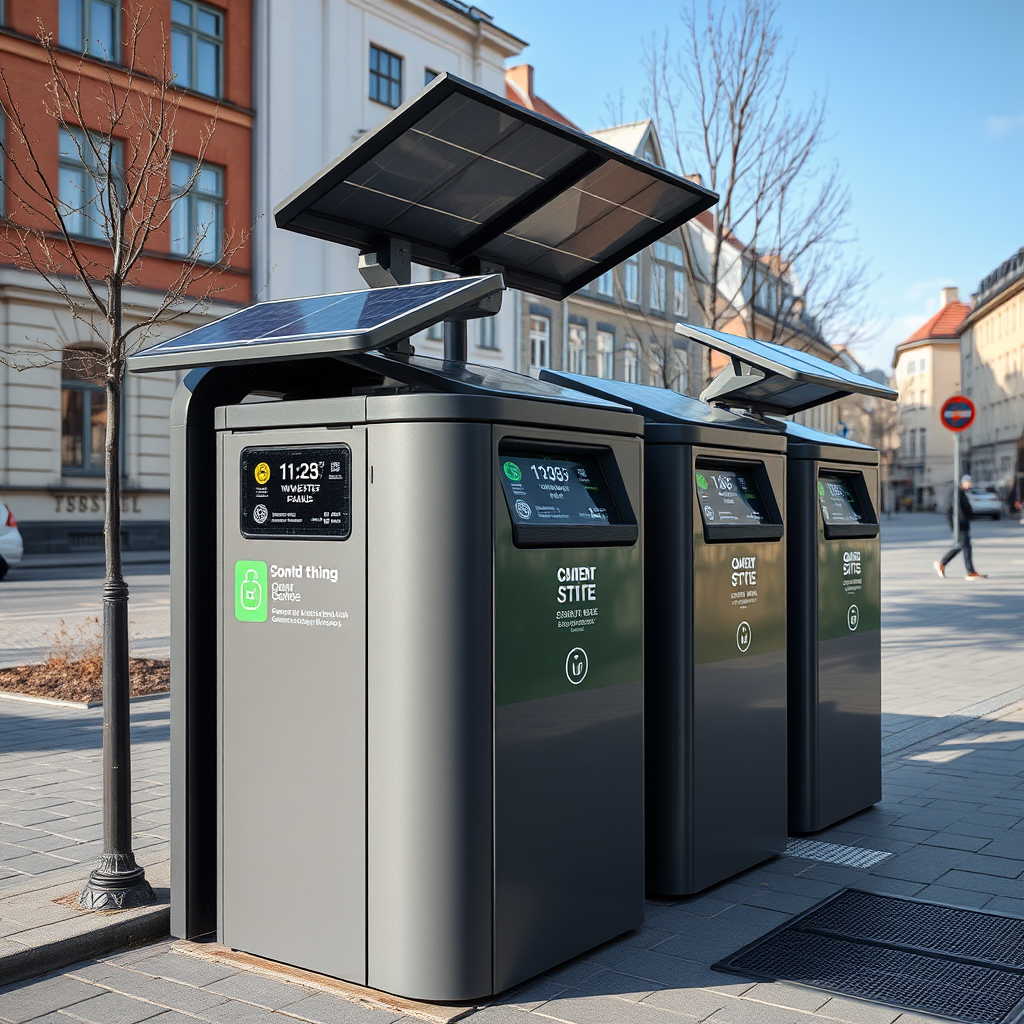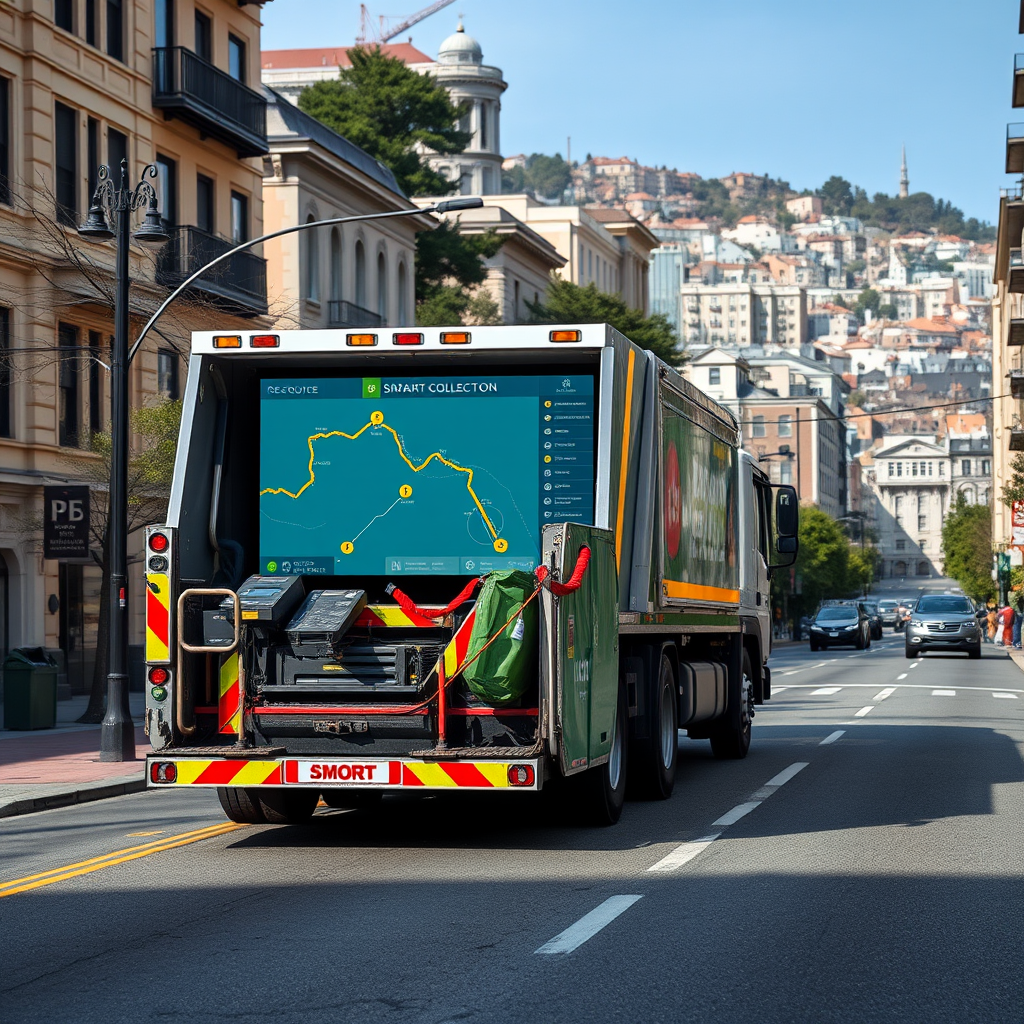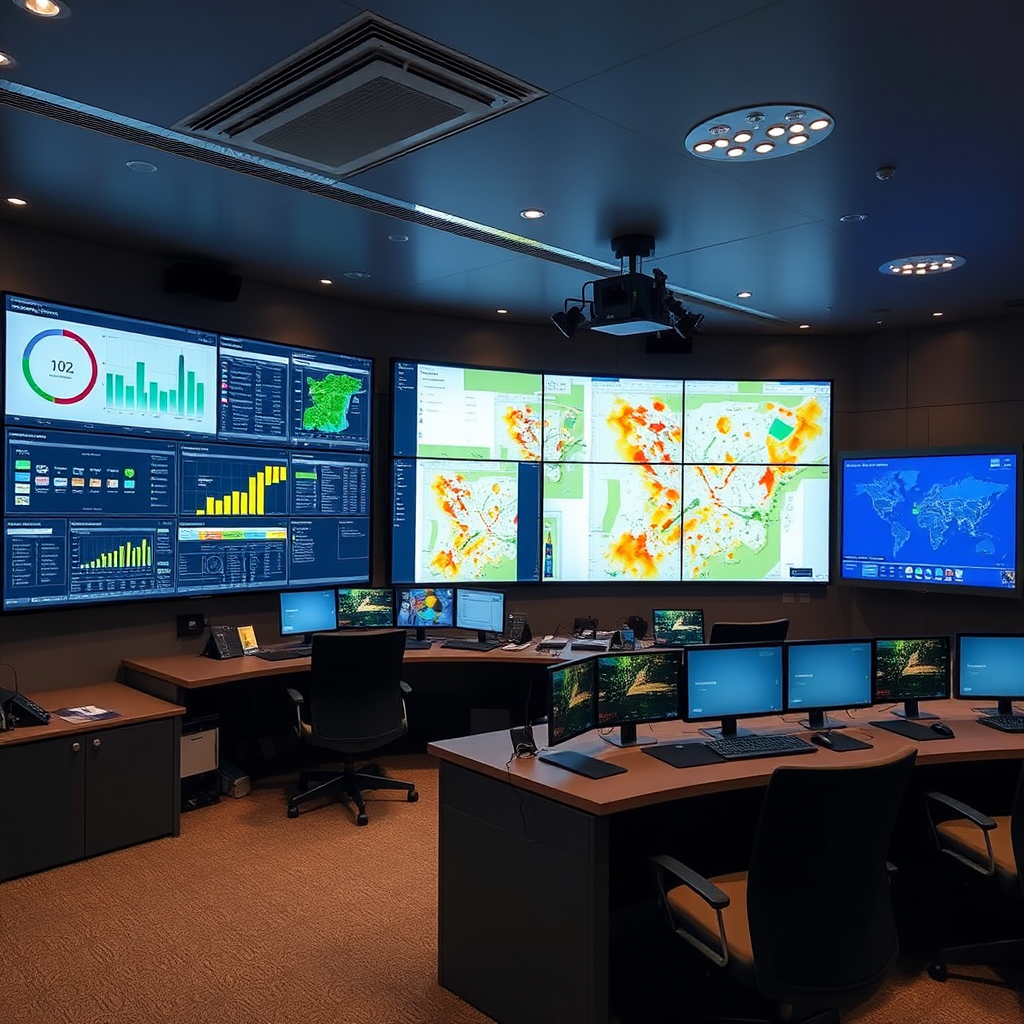Urban waste management is undergoing a revolutionary transformation as cities worldwide deploy sophisticated sensor networks and IoT technologies to create more efficient, cost-effective, and environmentally sustainable collection systems. This digital infrastructure revolution is reshaping how municipalities approach one of their most fundamental services.
Traditional waste collection operates on fixed schedules, often resulting in inefficient routes, unnecessary fuel consumption, and bins that are either overflowing or barely filled when collected. Smart city technologies are changing this paradigm by introducing real-time data collection, predictive analytics, and adaptive routing systems that respond to actual waste generation patterns.
The Technology Behind Smart Waste Systems
Modern smart waste management relies on a network of connected sensors embedded in waste containers throughout urban environments. These IoT devices continuously monitor fill levels, temperature, and even waste composition, transmitting data to centralized civic platforms that optimize collection schedules and routes.
Key Technologies Driving Innovation:
- Ultrasonic fill-level sensors
- Temperature monitoring for fire prevention
- GPS tracking and route optimization
- Predictive analytics algorithms
- Real-time mobile dashboards for operators
These connected spaces create a comprehensive view of waste generation patterns, enabling cities to shift from reactive to proactive waste management strategies. The behavioral data collected helps urban planners understand how citizens interact with public infrastructure and adapt services accordingly.
Copenhagen: Leading the Nordic Smart City Revolution

Copenhagen's implementation of smart waste management represents one of Europe's most comprehensive approaches to digital public infrastructure. The city deployed over 2,800 sensor-equipped bins across its urban core, creating a dense network of data collection points.
The Danish capital's system integrates with existing urban mobility platforms, allowing waste collection vehicles to coordinate with traffic management systems and reduce congestion during peak hours.
"Our smart waste system has reduced collection costs by 35% while improving service quality. The data helps us understand citizen behavior and optimize our entire urban tech ecosystem."
— Lars Nielsen, Copenhagen Smart City InitiativeThe results have been remarkable: Copenhagen achieved a 40% reduction in unnecessary collection trips, decreased fuel consumption by 30%, and improved overall urban cleanliness ratings. The city's adaptive approach demonstrates how modern infrastructure can respond to real-time citizen needs.
San Francisco: Innovation in Urban Mobility and Waste
San Francisco's approach to smart waste management focuses heavily on integration with the city's broader digital infrastructure initiatives. The city's sensor networks connect waste management with urban mobility systems, creating a holistic view of public space utilization.

The city's implementation includes advanced behavior tracking in smart systems, analyzing how different neighborhoods generate waste and adjusting collection frequencies accordingly. This data-driven approach has transformed San Francisco's waste management from a one-size-fits-all model to a highly customized service.
45%
Reduction in collection vehicle emissions
28%
Decrease in operational costs
92%
Citizen satisfaction with cleanliness
Tel Aviv: Middle Eastern Pioneer in Smart Environments
Tel Aviv's smart waste initiative showcases how emerging technologies can address unique urban challenges in dense, rapidly growing cities. The Israeli tech hub has implemented one of the world's most sophisticated predictive analytics systems for waste management.
The city's approach emphasizes public innovation through citizen engagement platforms that allow residents to report issues and track collection schedules through mobile applications. This creates a feedback loop between digital public life and municipal services.

Tel Aviv's Smart Waste Innovations:
- AI-powered waste composition analysis
- Integration with smart traffic systems
- Citizen reporting mobile applications
- Predictive maintenance for collection vehicles
- Real-time air quality monitoring near waste sites
Tel Aviv's system processes over 50,000 data points daily, creating detailed insights into waste generation patterns that inform broader urban planning decisions. The city has become a model for how future urbanism can integrate multiple smart city technologies into cohesive, citizen-centered services.
The Future of Connected Urban Services
These case studies demonstrate how sensor networks and IoT technologies are creating more adaptive cities that respond intelligently to citizen needs. The transformation of waste management represents just one aspect of broader digital infrastructure evolution happening in urban environments worldwide.
As cities continue to grow and face increasing environmental pressures, the integration of smart environments with traditional municipal services becomes essential. The success of Copenhagen, San Francisco, and Tel Aviv shows that investing in connected spaces and civic platforms delivers measurable benefits in efficiency, sustainability, and citizen satisfaction.
Looking Ahead: Next-Generation Waste Management
Future developments in smart waste management will likely include:
- Autonomous collection vehicles guided by sensor networks
- Advanced recycling sorting using computer vision
- Integration with smart building management systems
- Blockchain-based waste tracking and incentive programs
- Carbon footprint optimization through AI routing
The evolution of waste management through digital infrastructure represents a fundamental shift in how cities operate. By leveraging sensors, data analytics, and connected technologies, municipalities can create more efficient, sustainable, and responsive urban services that improve quality of life for all citizens.
As we move toward increasingly connected urban futures, the lessons learned from these pioneering smart city implementations will guide the development of comprehensive digital public infrastructure that makes cities more livable, sustainable, and intelligent.
